NSW supermarkets fined for abandoned shopping trolleys under proposed law reform
Supermarkets could face harsh new rules around shopping trolleys under proposed law reform.
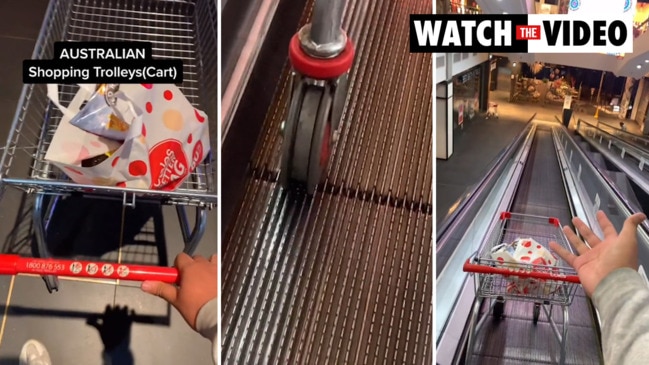
NSW
Don't miss out on the headlines from NSW. Followed categories will be added to My News.
Supermarkets that don’t collect their abandoned shopping trolleys from public spaces could cop hefty new fines under proposed impoundment law reforms.
Big supermarkets like Coles and Woolworths could face fines of nearly $8000 and court penalties of up to $13,750 if shopping trolleys are left lying around, according to sweeping changes to the NSW Impounding Act 1993.
Local Government Minister Shelley Hancock introduced the new Public Spaces (Unattended Property) Bill 2021 to Parliament last week to replace the 28-year-old Act after years of complaints from residents during her time at Shoalhaven Council from 1987 and then as South Coast MP from 2003.
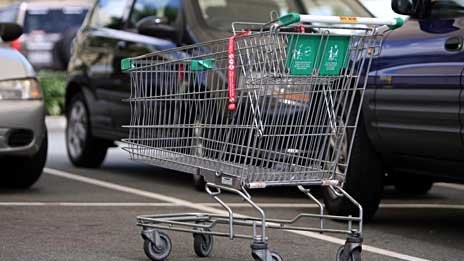
Ms Hancock said it was about time supermarkets were made to clean up their property.
“Abandoned shopping trolleys littering public places such as parks, waterways and even local schools has been a consistent community complaint … taming rogue shopping trolleys and easing the burden on councils and communities has been one of my top priorities,“ Ms Hancock said.
“While major supermarkets are to be commended for the preventive measures they have in place, we won’t see real change as long as it remains cheaper for them to buy a brand new trolley than to send someone out to collect abandoned ones.”
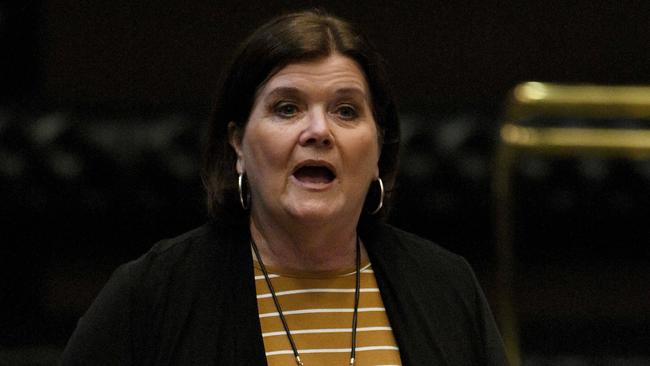
Under the proposed changes, NSW council officers, police and other enforcement officials would have the power to issue a supermarket with a $660 on-the-spot fine if they don’t remove a trolley within three hours of being notified it is obstructing or causing a safety risk.
The fine could also be issued if a supermarket doesn’t reclaim a trolley within four days of being given notice if left unattended for seven days or more in a public place.
A further 10 per cent or $66 would be added to the fine for each additional trolley found in the same spot, up to 11 in total, to hammer home the impact caused by unattended groups of trolleys.
The maximum amount a fine could reach for 11 rogue trolleys found together is $7920.
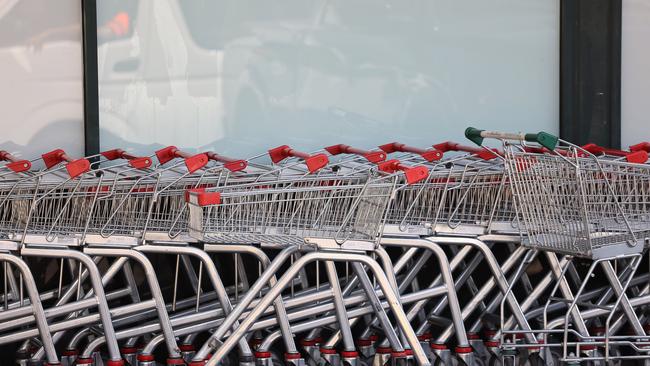
Independent retailers could also face a court-imposed penalty of up to $2,750 and corporations a fine of $13,750 for serious offences.
A mandatory code of practice will be drafted for supermarkets and enforcement to help stop the issue of abandoned trolleys, while small retailers who own less than 25 will be exempt.
The bill was debated in Parliament on Wednesday, and was passed with support from both sides to go to the Upper House.
“These fines will be a big step but something has to change,” Ms Hancock said in Parliament.
Oatley MP Mark Coure said in support of the bill: “It costs the NSW community $17 million a year to deal with abandoned and unattended shopping trolleys, vehicles and animals in public places. These reforms will cut these costs by 60 per cent saving at least $9.7 million a year for councils, other public land managers and the community.“
A Woolworths spokesman said the supermarket giant would work closely with government officials to improve management of rogue trolleys.
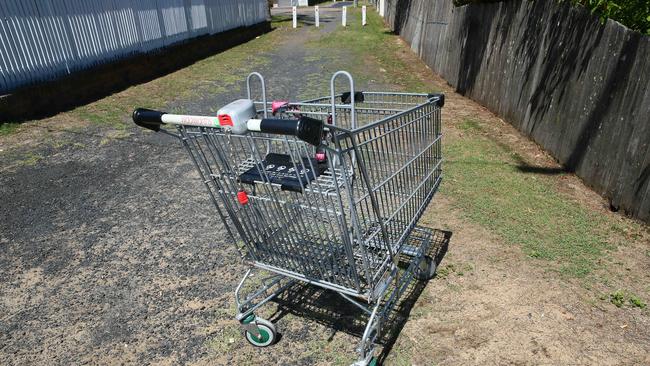
“We understand abandoned trolleys can be a nuisance and that’s why we invest many millions in collection services to help mitigate their impact in the community,” the spokesman said.
“We will review details of the draft legislation and will continue to work closely with the NSW Government, local councils and the community in relation to shopping trolley management.”
A Coles spokesman added: “Coles endeavours to collect all trolleys reported and since 1 January 2021, Coles has collected 95 per cent of all trolleys reported by the public … abandoned trolleys are a nuisance to local communities and we are actively working to address this."
The changes to NSW’s impoundment laws also cover increased penalties for abandoned cars, boats, caravans and rideshare bikes, as well as animals and livestock which get out and stray onto public places or neighbours properties.





